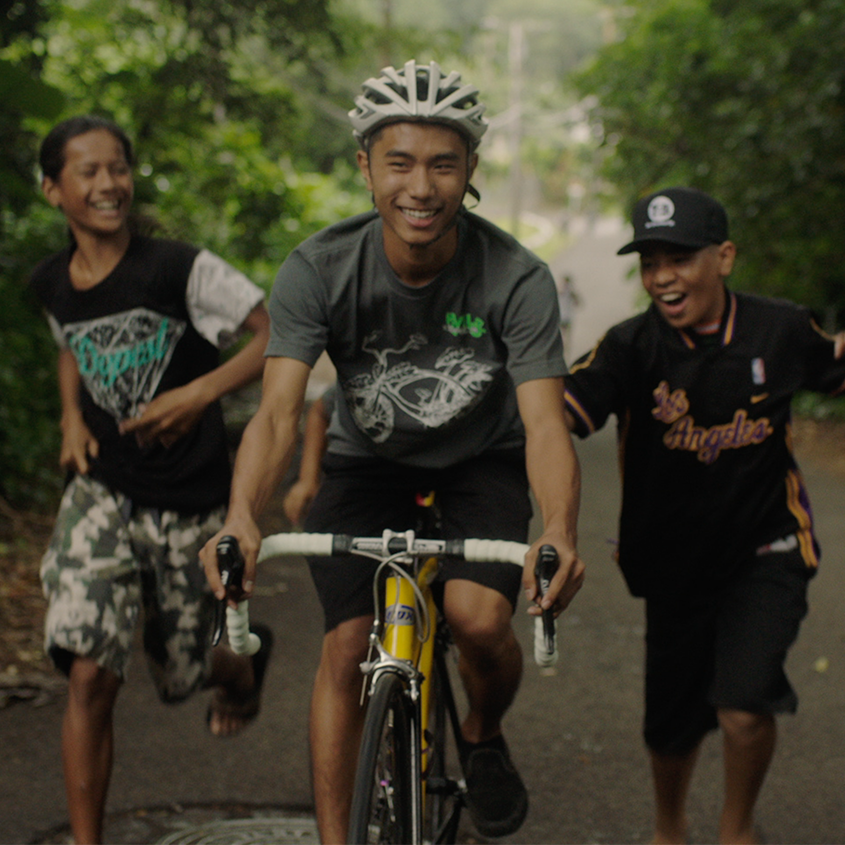On Veterans Day, as we commemorate and honor the service of our veterans, we need to remember the responsibility of the community to create an environment that “welcomes” veterans home. The notion of “welcoming” involves a specific set of practices that allow for a safe transition back into society. Historically, we have far too many examples of the trauma that can arise from not welcoming individuals home. Increasingly, we need to focus explicitly on those community factors that can be shaped to support veterans and the community of individuals that surround them.
Mental illness is a real and serious issue for veterans, particularly those exposed to the trauma of war and combat. For male veterans, this trauma can be compounded by gender norms that discourage men from expressing emotions or seeking help. To improve the mental health of all men, including veterans, we must move beyond treatment and focus on preventing the onset of mental illness in the first place by creating communities supportive of mental well-being. In the transition from addressing mental health to mental well-being, we widen the opportunity to move from healing individuals to creating healing environments for many.
Prevention Institute and the Movember Foundation have been working together over the last several months to forge a groundbreaking approach that emphasizes community-level strategies to improve the mental health and well-being of men and boys in the United States. Initially, the effort is prioritizing those with a high need for community-level attention to mental well-being, including military/veteran communities and families, and boys and men of color and their families. The initiative, Making Connections for Mental Health and Well-being Among Men and Boys in the US, will bolster the community factors that support mental health through comprehensive solutions that foster resilience and social connection. For example, in the Farmington Valley area of Connecticut, Farmington Valley Health District and partners are supporting active and retired veterans and their families through Resilience Grows Here, a community garden project that aims to create a safe environment that supports relationships and builds resilience among male veterans and their families.
Other efforts include one by the Nebraska Association of Local Health Directors and partners, who are focused on reaching veterans in rural areas through a statewide network of small public health agencies, with the goal of supporting a broader paradigm of fatherhood and grandfatherhood. In Kankakee, Illinois, Kankakee Community College and partners are focused on the learning community for student veterans, including a peer mentoring program, specially-trained faculty, and classrooms with configurations that minimize potential triggers associated with PTSD and anxiety. Lao Family Community Empowerment, Inc. and partners are engaging Lao veteran refugees in Stockton, California to redefine how mental health is discussed within the Hmong community by building on social and cultural traditions, including the influence of elders on multi-generational trauma and healing. Ultimately, the site hopes to develop a model that can be adapted to other refugee communities.
Through the advancement of these and other prevention approaches across the country, we and our partners aim to change the conversation about the mental well-being of men and boys, and to inform policymakers, practitioners, and communities about the value of community-level approaches in support of better mental health. By developing strategies that impact the communities where male veterans live, learn, work, and play, we can expand narrow definitions of masculinity and address the stigma that prevents them from achieving mental well-being.
As we take time this Veterans Day to appreciate all those who have served our country, let us also celebrate their strengths and support them in connecting to each other, their families, and their communities. Most importantly lets ensure we are “welcoming” individuals home regardless of when and where they served.
Donate Now

November 9th, 2015
Let’s honor the mental well-being of Veterans through community support.
Making Connections for Mental Health and Well-being
3 MIN READ


.com_Carousel.jpg)


.png)

